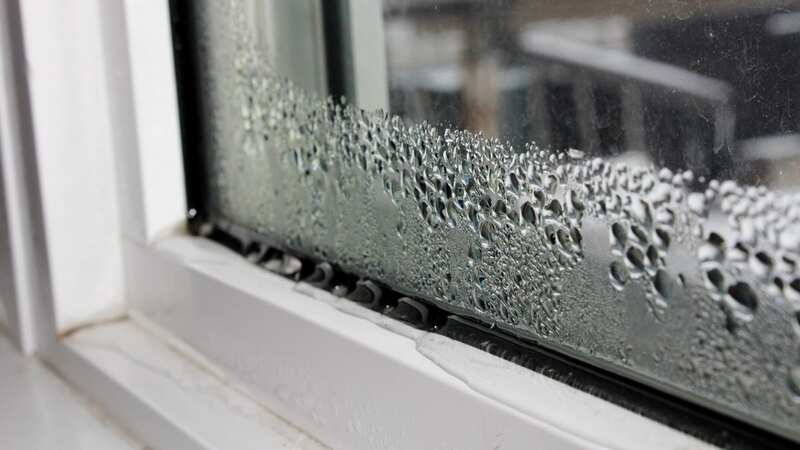

Condensation is a real problem in the winter months. It can damage windows and furniture, and also cause mould to grow - which can lead to a whole host of health problems, including asthma.
Condensation builds up on our windows when there is too much moisture in the air. This often occurs when the cold outside air meets our heated homes, causing a build-up of water droplets to appear on the inside of our windows - especially in the bedroom.
Thankfully there are a number of ways to tackle the problem. And one method costs as little as £1.80 and promises to draw in damp from large rooms.
Window experts from Plan-It Windows reccomend using rock salt to draw in excess water from big spaces, saying: "In more spacious areas, rock salt can be an effective alternative. It absorbs a larger volume of moisture, making it suitable for bigger rooms where condensation is a concern."
It's certainly a cost-effective option. Tesco sells a 500g box of Tidman's Course Rock Salt for as little as £1.80. The experts also recommend using an excellent natural dehumidifier - baking soda. Placing bowls of baking soda on windowsills can significantly reduce moisture.
 Teachers, civil servants and train drivers walk out in biggest strike in decade
Teachers, civil servants and train drivers walk out in biggest strike in decade
You'll notice that it hardens over time, which means it's doing its job, and is "excellent for smaller rooms, absorbing humidity and helping to prevent condensation," the Mail reports.
And what about the bathroom? Steamy showers will certainly contribute to a condensation problem and reducing humidity from showers can greatly impact indoor moisture levels.
"We suggest using moderately warm water and keeping showers brief," the experts say. "Always ventilate the bathroom post-shower by opening a window or using an extractor fan to disperse the moist air."
According to the NHS, if you have damp and mould in your home you're more likely to have respiratory problems, respiratory infections, allergies or asthma. Damp and mould can also affect the immune system. Moulds produce allergens (substances that can cause an allergic reaction), irritants and, sometimes, toxic substances.
Inhaling or touching mould spores may cause an allergic reaction, such as sneezing, a runny nose, red eyes and skin rash. Moulds can also cause asthma attacks. Some people are more susceptible, including babies and children, older children, those with existing skin problems, such as atopic eczema, those with respiratory problems, such as allergies and asthma and those with a weakened immune system, such as those having chemotherapy.